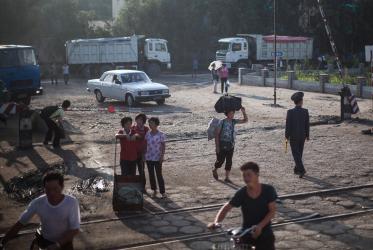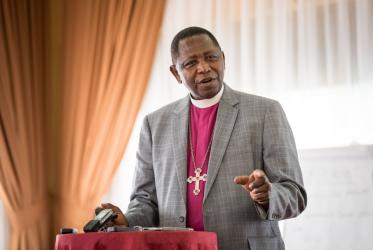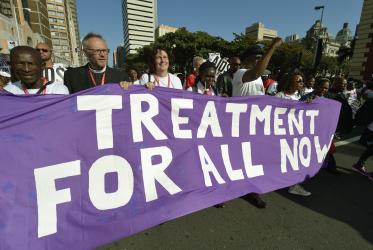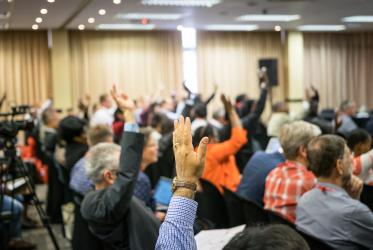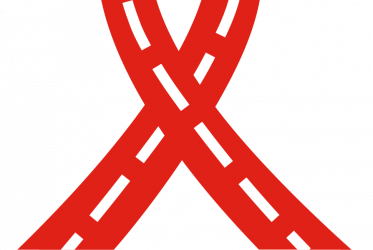Displaying 1 - 20 of 25
Knowledge of gender roles deepens in Togo
03 June 2019
Faith and HIV treatment go hand in hand
06 March 2019
Paving the way for ecumenical studies, learning English in Bossey
24 September 2018
Congolese churches respond to Ebola outbreak
01 June 2018
“Facing the storm of HIV, we can move together, be agents of change”
06 September 2017
“It’s time to be brave, to form diverse partnerships”
02 March 2017
“Health and healing for all people, that is the challenge”
28 February 2017
AIDS 2016: Coverage of faith response to HIV
22 July 2016
Children are being let down over HIV care
17 July 2016
AIDS 2016: “Stigma kills more people than HIV”
17 July 2016
Faith at AIDS 2016: WCC preparing for faith in action
10 March 2016

